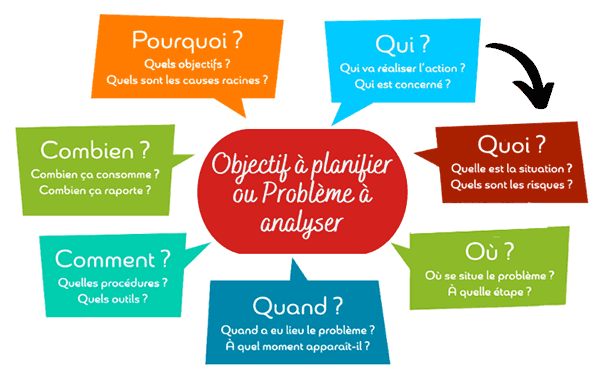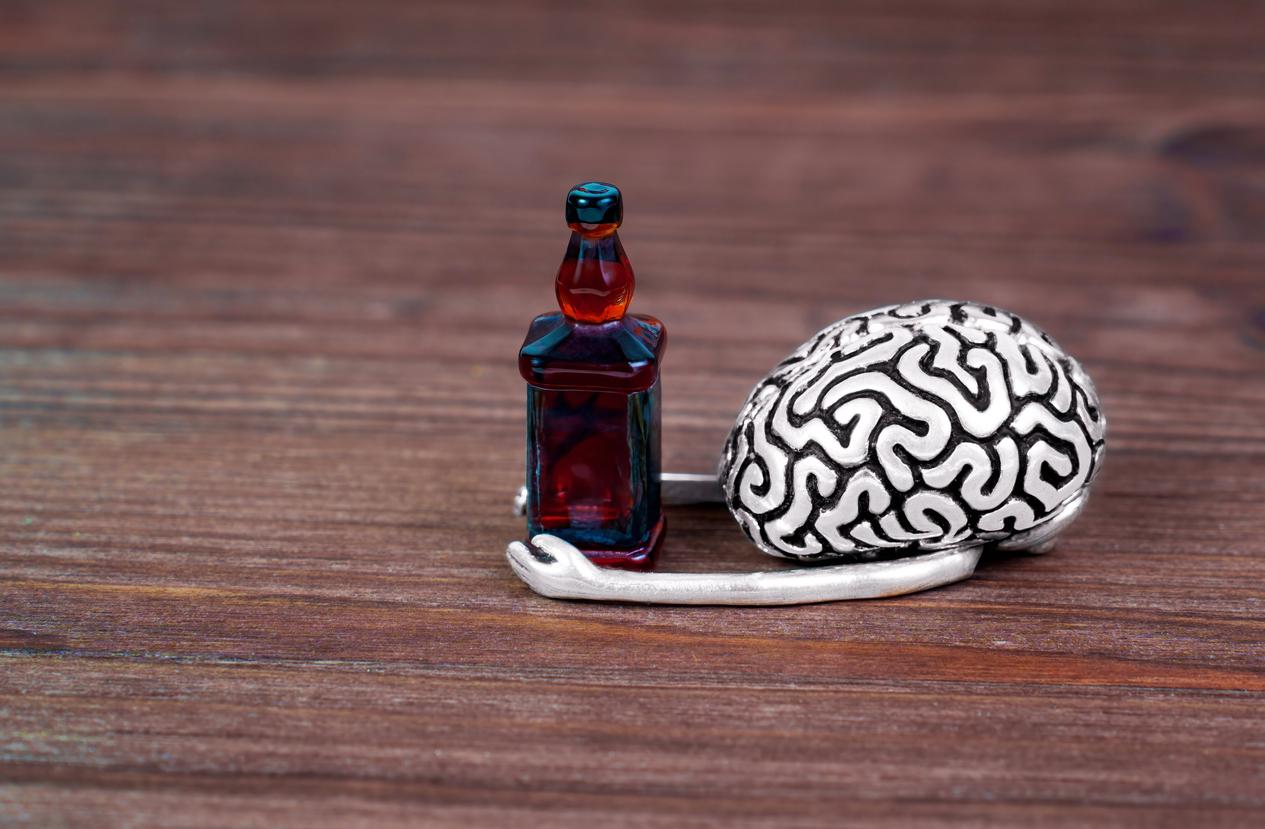According to a new analysis of studies, cinnamon may prevent or reduce memory and learning impairments through its positive effects on cognitive function.

- Cinnamon, a well-known aromatic spice used to make cakes and add flavor to dishes, is derived from the inner bark of Cinnamomum trees.
- They are evergreen trees found in the Himalayas and other mountainous regions, as well as in tropical forests and those of southern China, India and Southeast Asia. .
In addition to its unique flavor, cinnamon may have other beneficial properties for humans. Previous studies have suggested that cinnamon has anti-inflammatory, antioxidant, and anti-cancer properties, and may also boost the immune system. Some work has also shown that its bioactive compounds can boost brain function, including memory and learning.
Cinnamon components have positive effects on cognitive function
To validate these findings with certainty, a team of researchers from Birjand University of Medical Sciences in Iran reviewed a set of previous studies exploring the effects of cinnamon on cognitive function. Their analyses, described in an article for the journal Nutritional Neuroscience published online January 18, 2023highlight the potential value of cinnamon in preventing or reducing memory or learning impairments.
“2,605 studies were collected from different databases in September 2021 and investigated for eligibility. 40 searches met our criteria and were included in this systematic review”, write the authors of the article. Overall, most of the work they reviewed suggests that cinnamon may have a positive impact on memory and cognitive function. “In vivo studies have shown that the use of cinnamon or its components, such as eugenol, cinnamaldehyde and cinnamic acid, can positively alter cognitive functionobserve the researchers in their article. In vitro studies have also shown that adding cinnamon or cinnamaldehyde to cell media can reduce tau aggregation, amyloid β and increase cell viability.”
Cinnamon would improve memory and reduce anxiety in adolescents
Of the two clinical studies analyzed by the researchers, one was conducted on adolescents and the other on prediabetic adults aged 60 or younger. The first asked teens to chew cinnamon gum, while the second asked participants to eat 2g of cinnamon on white bread. Work on adolescents has shown positive results, suggesting that cinnamon chewing gum improved memory function and reduced anxiety. In contrast, experience with prediabetic adults found no significant change in cognitive function following cinnamon consumption.
“Most studies have reported that cinnamon may be helpful in preventing and reducing impaired cognitive functionexplain the team of scientists. It can be used as an adjuvant in the treatment of related diseases. However, more studies need to be done on this.” In the future, this study could inspire other teams of researchers to further research on the impact of cinnamon on the brain, which could potentially promote its use to preserve brain function and slow cognitive impairment.

















